Summary Card
Tools for ST3 Interview
Enhance clinical knowledge, craft compelling answers, and build confidence for the ST3 Plastic Surgery Interview with specific tools and practice strategies.
Interview Structure
The ST3 Plastic Surgery Interview assesses clinical acumen, communication proficiency, and broader professional competencies through a structured process tailored for UK candidates.
Section 1: OSCE and Communications
Evaluate informed consent and communication skills under pressure through role-play and scenario-based exercises.
Section 2: Clinical Scenario
Test clinical reasoning, diagnostics, and management planning in plastic surgery with emphasis on evidence-based decision-making and patient safety.
Section 3: Structured Interview
Assess achievements, experiences, and skills beyond clinical practice, focusing on research, teaching, and leadership through reflection and structured responses.
Tools for ST3 Interview
To achieve success in the ST3 Plastic Surgery Interview, focus on enhancing clinical knowledge, crafting compelling answers, and building confidence. Here's a concise overview of essential tools to aid your preparation:
Crafting Impactful Answers
- Answer Templates: Utilize SCALPEL!, IDEA!, SCARRED!, and ACED! templates for structured responses. Practice across a range of questions to adapt these frameworks to your style.
- AI Interview Composer: Refine and expand your answers with AI-generated content and feedback. Engage with AI to create and practice answering custom questions.
Building Confidence
- Mock Interviews: Mimic the interview environment to improve performance under pressure. Review and adjust based on personal feedback from these sessions.
- Interview Practice: Develop real-time answering skills and adapt based on personal reflection. Approach each session with the seriousness of an actual interview.
Clinical Knowledge
- thePlasticsLibrary: Access a wide range of resources for comprehensive topic coverage.Regularly explore content to stay abreast of surgical standards and innovations
- Evidence-Based Flashcards: Strengthen recall of key concepts through regular review. Vocalize answers to enhance active learning.
These tools, when used effectively, will ensure a holistic approach to your interview preparation, blending content mastery with the ability to present confidently and persuasively.
Interview Structure
The ST3 Plastic Surgery Interview is meticulously designed to evaluate candidates across three key dimensions: their clinical acumen, communication proficiency, and broader professional competencies.
Designed for UK candidates, this guide simplifies the interview process, meeting the expectations of medical councils and training bodies. It offers objectives, expectations, and preparation tips to enhance your performance, ensuring you're well-prepared for the interview's demands.
Section 1:
OSCE and Communications
Time: 10 minutes
The OSCE and Communications section is divided into two distinct parts, each lasting 5 minutes.
- Part 1 Informed Consent: Demonstrate your ability to explain surgical procedures, including the benefits, risks, and aftercare, in a clear and patient-centered manner.
- Part 2 Communication Skills in high-pressure situations, such as discussing emergency or critical patient management scenarios with senior colleagues.
What to Expect:
- Level of Difficulty: Moderate to high, depending on your familiarity with the procedures and ability to communicate under pressure.
- Types of Questions: Consent-related questions will involve explaining surgical procedures, risks, and postoperative care. Communication tasks will simulate emergency or critical patient management discussions with seniors.
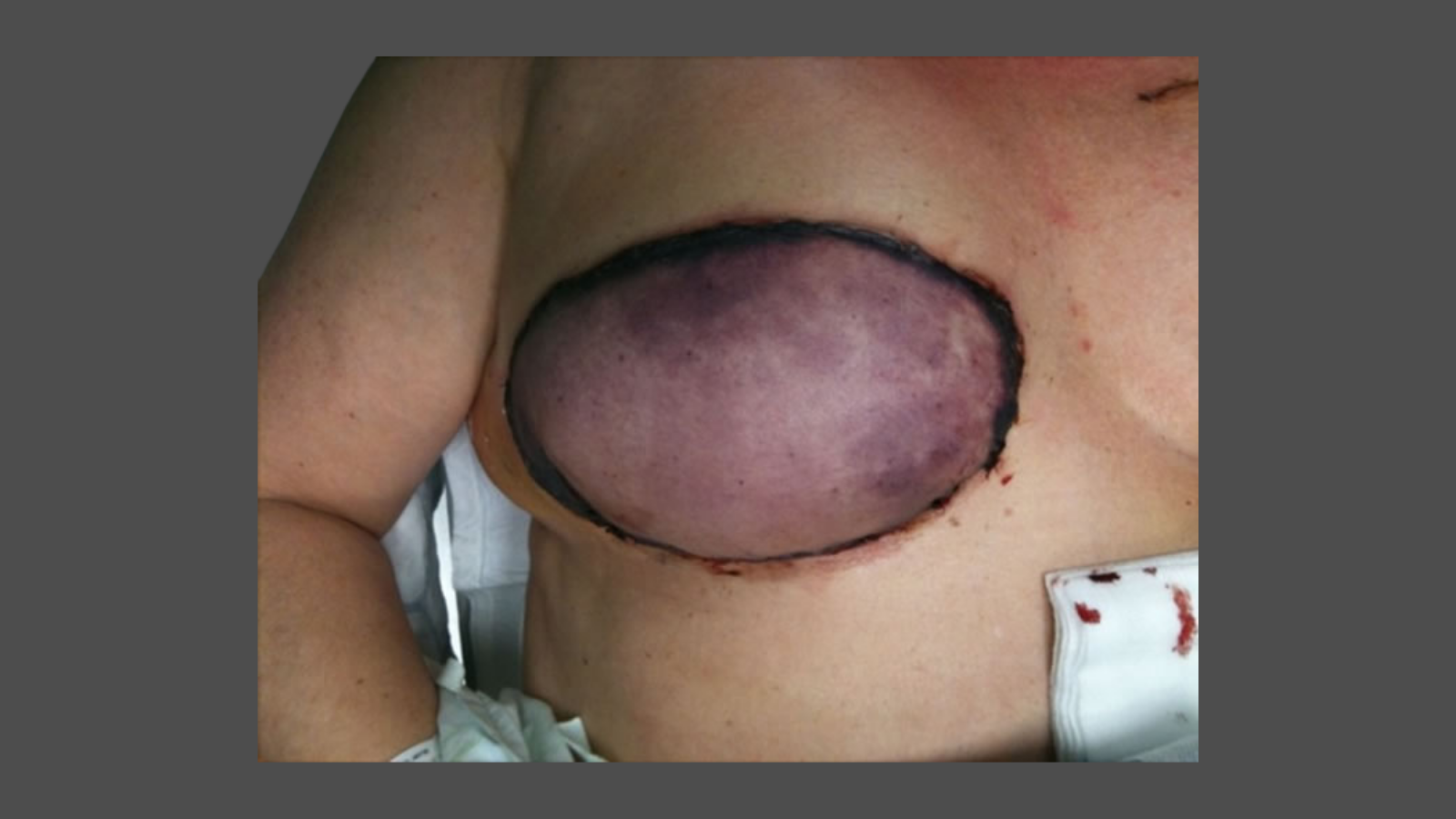
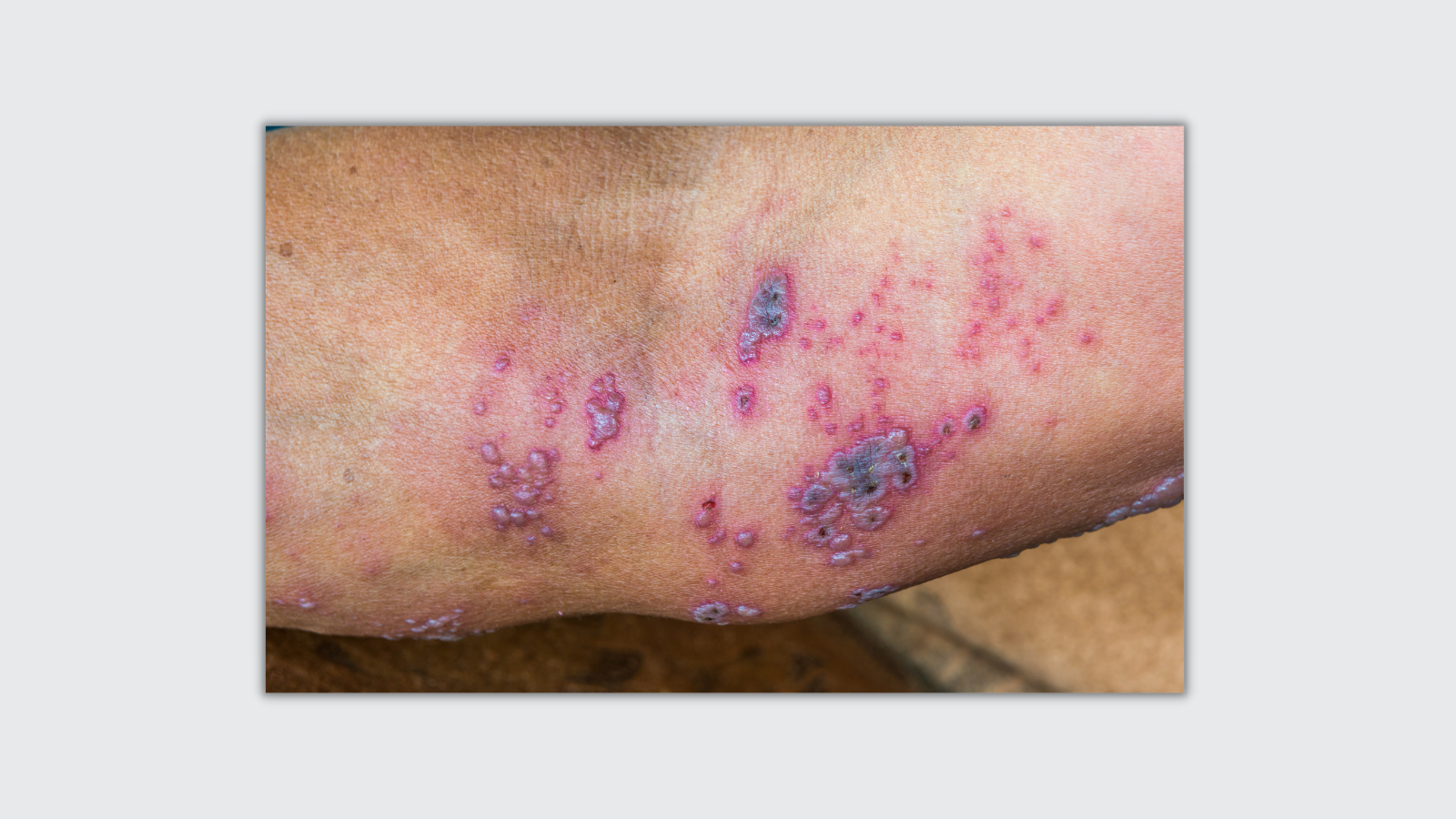
Examples of Clinical Cases
Preparation Tips:
- Review the core procedures in plastic surgery, focusing on the rationale, potential complications, and aftercare.
- Engage in role-play exercises for consent, focusing on clarity, empathy, and comprehensiveness.
- Practice communication scenarios with peers, focusing on clear, structured, and decisive dialogue.
Overlooking Patient Concerns: Failing to adequately address patient anxieties or questions about procedures.
Lack of Clarity: Providing explanations that are either too technical for the patient to understand or too vague to be meaningful.
Poor Time Management: Spending too much time on one aspect of the consent or communication process and not covering all necessary points.
Section 2:
Clinical Scenario
Time: 10 minutes
The Clinical Scenario station, a critical part of the ST3 Plastic Surgery Interview, evaluates candidates' clinical reasoning, diagnostics, and management planning in plastic surgery over 10 minutes. This section tests the application of medical knowledge to practical scenarios, highlighting the importance of evidence-based decision-making and patient safety in the surgical field.
What to Expect:
- Level of Difficulty: High, as it tests the ability to synthesize information, make judgments, and propose management plans.
- Types of Questions: Expect to discuss diagnosis and management of common plastic surgery conditions, with emphasis on surgical decision-making and patient safety.
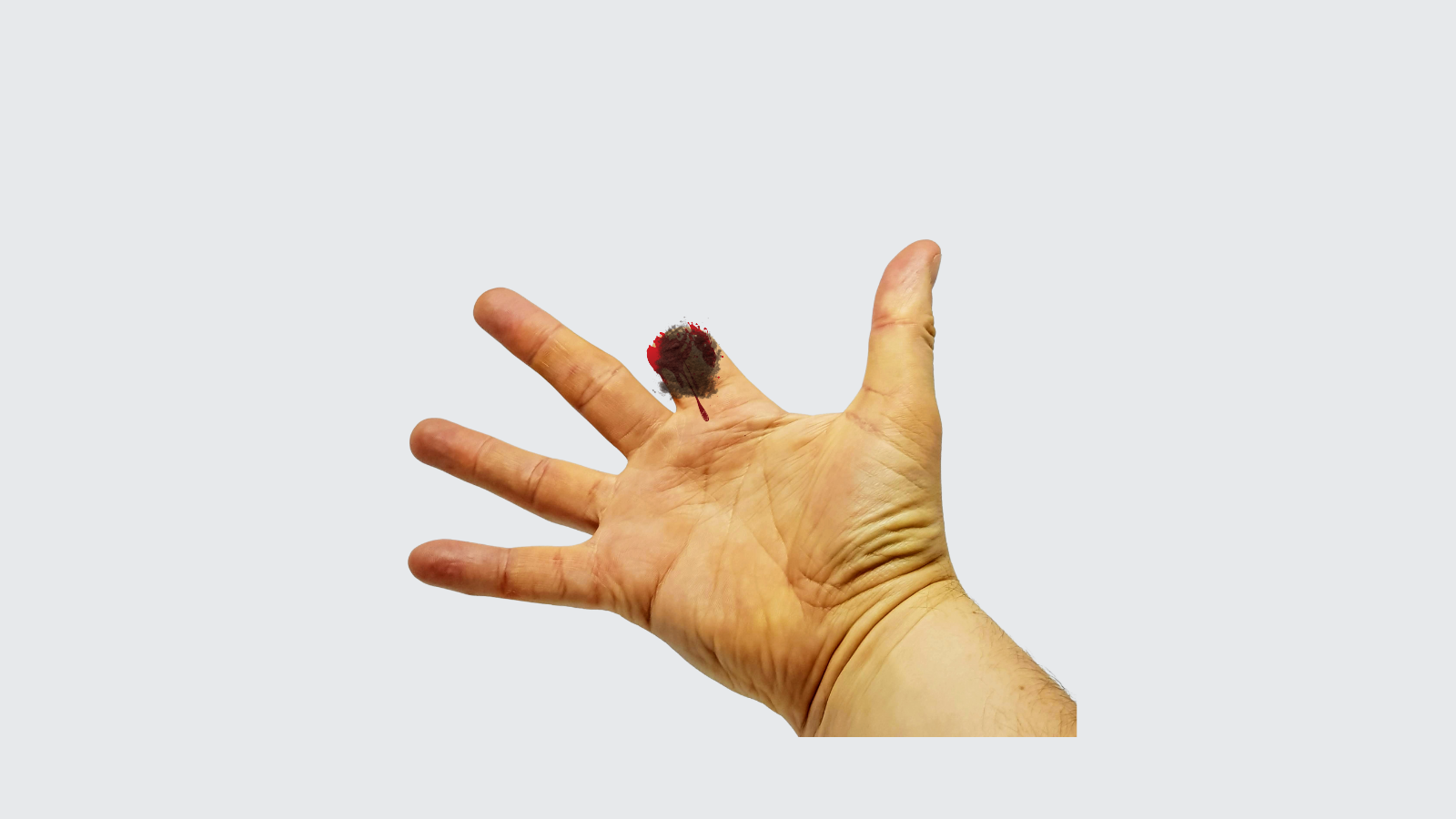
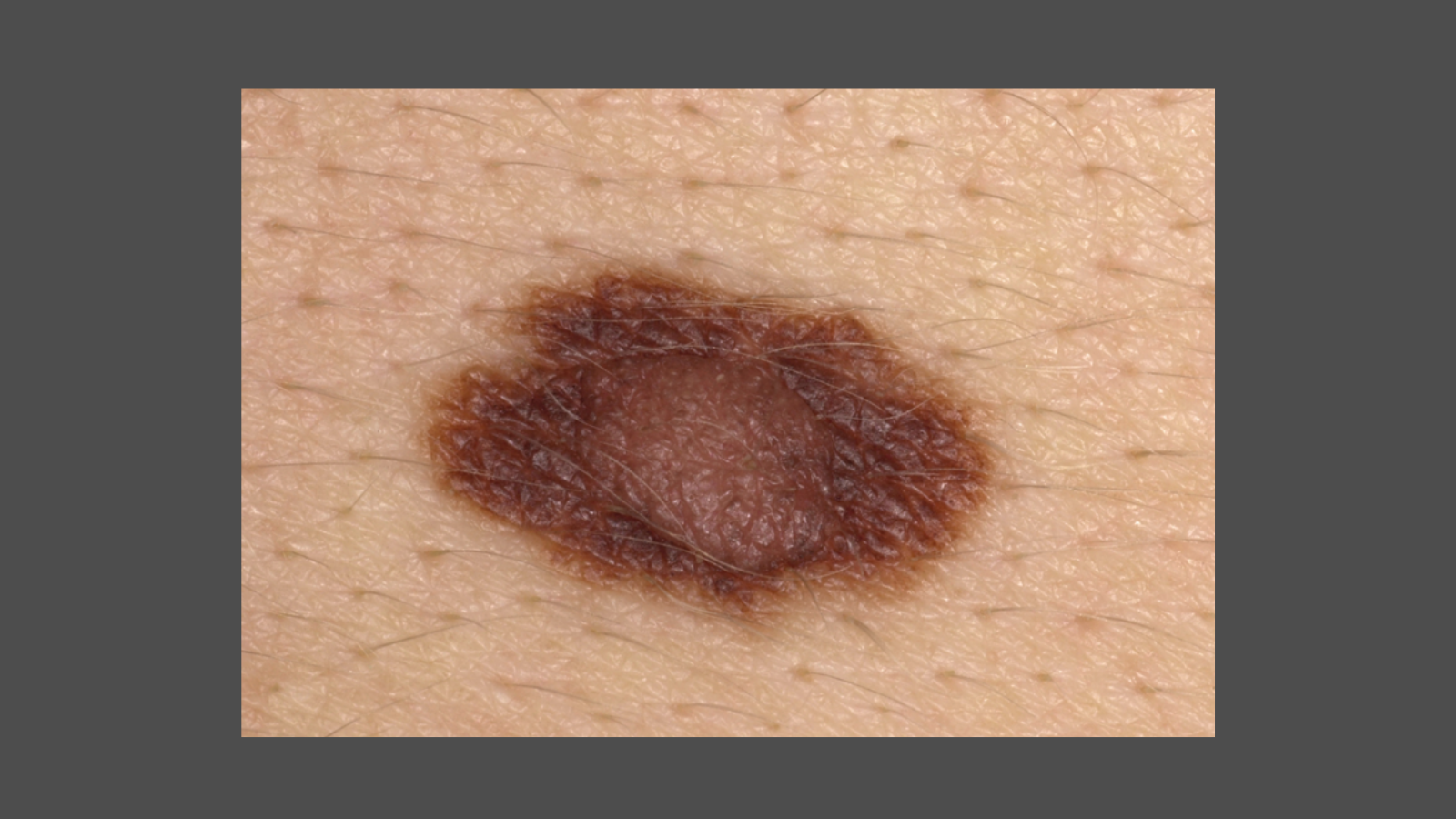
Preparation Tips:
- Deep dive into the most frequent and critical conditions in plastic surgery, studying current guidelines and treatment pathways.
- Practice articulating your thought process from presentation through to management plan, emphasizing evidence-based choices.
- Utilize clinical case studies to familiarize yourself with a variety of scenarios, refining your ability to quickly identify key issues and propose solutions.
Insufficient Detail: Not providing enough detail when describing the diagnosis process, management plan, or rationale behind decisions.
Ignoring Patient Safety: Failing to highlight considerations of patient safety and risk management in the proposed treatment plan.
Inflexibility in Thinking: Sticking rigidly to one diagnosis or treatment plan without considering alternatives.
Section 3:
Structured Interview
Time: 10 minutes
The Structured Interview segment of the ST3 Plastic Surgery Interview, lasting 10 minutes, is designed to assess candidates' professional development beyond clinical work. This includes achievements in research, teaching, leadership, and ethical decision-making. It's an opportunity to showcase how your unique experiences and skills make you a well-rounded candidate for the specialty.
What to Expect:
- Level of Difficulty: Varies, largely dependent on your experiences and how well you can articulate and reflect on them.
- Types of Questions: Questions will probe into your past experiences with audits, research projects, teaching roles, leadership positions, and ethical dilemmas.
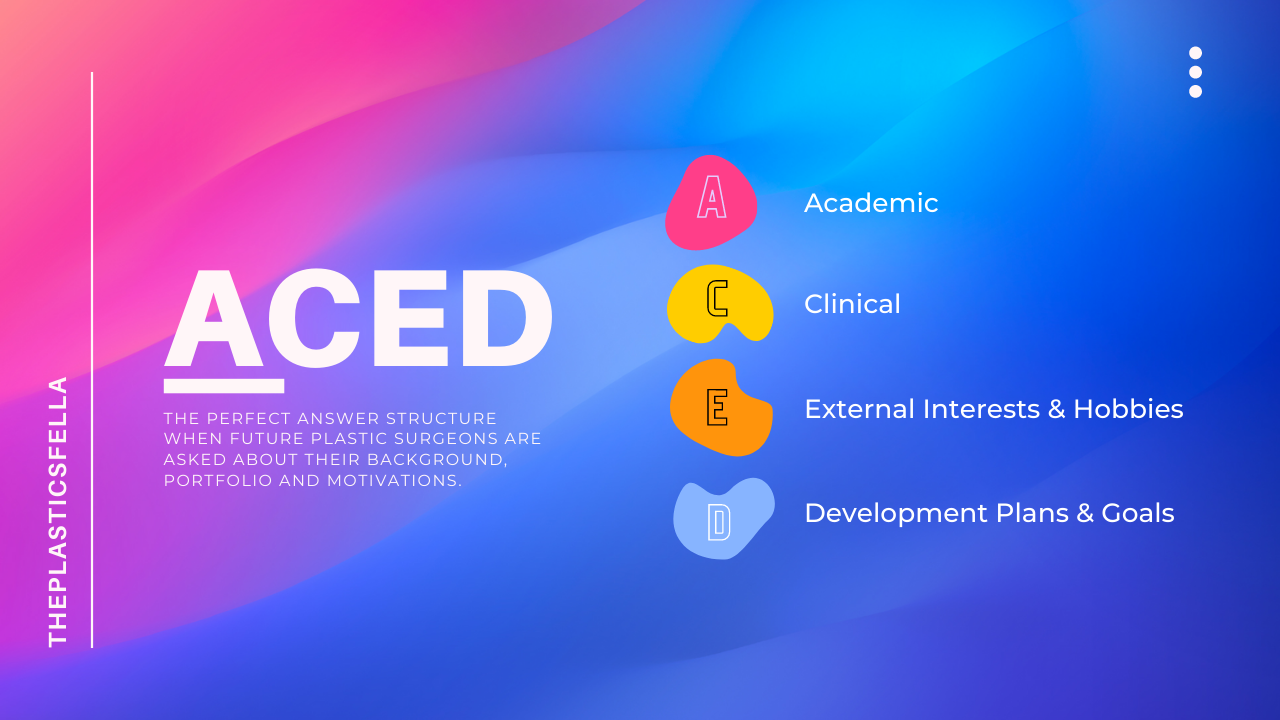
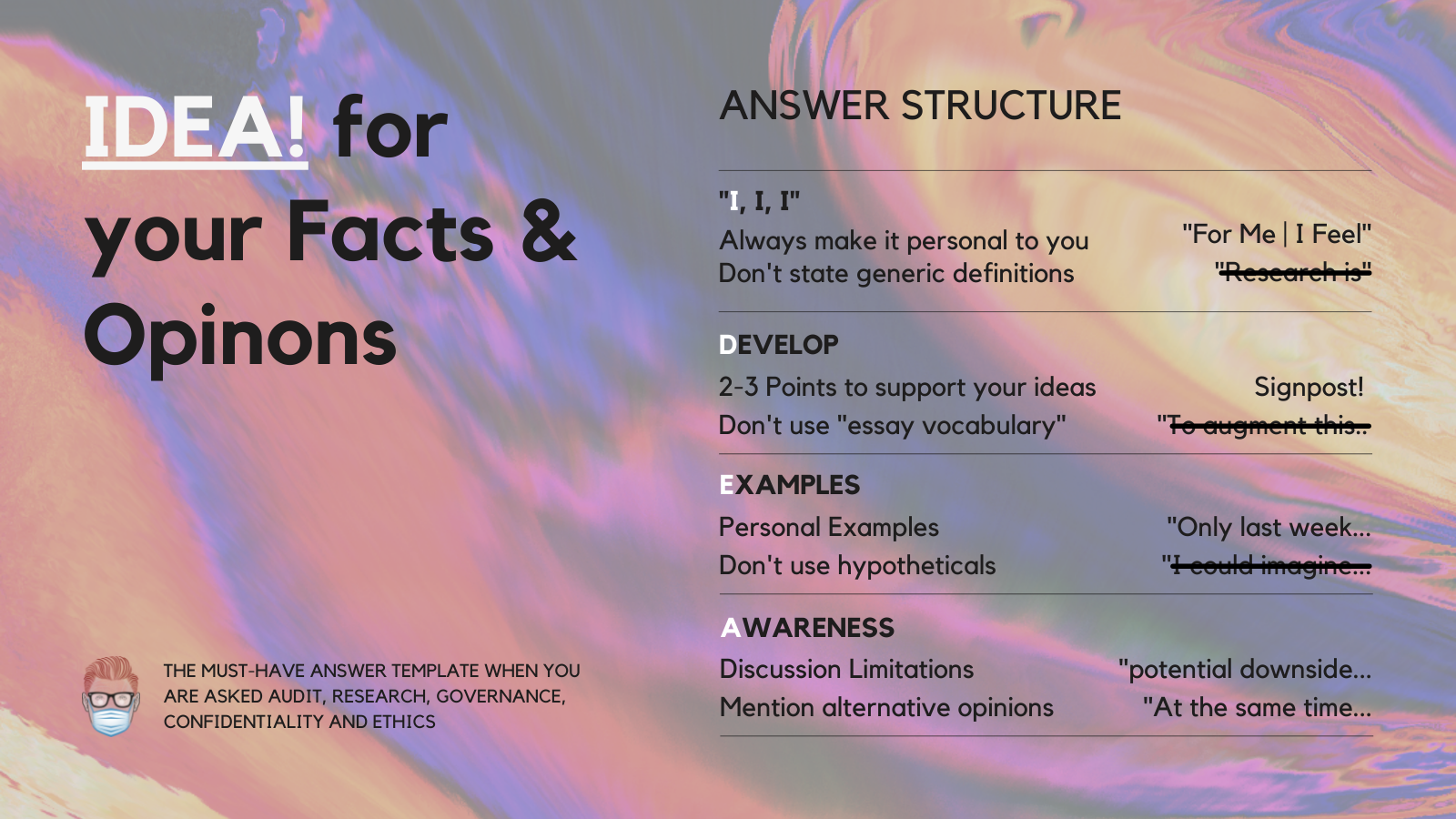
Answer Templates for Structured Interview
Preparation Tips:
- Reflect deeply on your CV, identifying experiences that highlight your strengths in the areas to be discussed. Use the free answer templates provided by the interview coach. These serve as structured guides to formulating responses that are coherent, comprehensive, and directly aligned with what interview panels are looking for. These templates can be particularly beneficial in structuring answers for the Structured Interview section, where candidates discuss their achievements, experiences, and skills.
- Practice in a live mock interview, ensuring you can convey their significance and relevance to the panel within a tight timeframe.
- Utilise the AI answer composer to optimise your interview answers.
Being Too General: Providing responses that are vague or overly broad, without giving specific examples.
Not Reflecting on Experience: Missing the opportunity to demonstrate what you've learned from your experiences and how they've prepared you for a career in plastic surgery.
Underestimating Soft Skills: Overlooking the importance of showcasing communication, teamwork, and leadership skills.
Key Take-away points
The ST3 Plastic Surgery Interview is a comprehensive assessment designed to gauge your readiness for advanced training in plastic surgery. By understanding the objectives of each section and preparing methodically, you can navigate the interview with confidence.
Remember, success in this interview hinges not just on your clinical knowledge but also on your ability to communicate effectively, demonstrate professional competencies, and reflect on your experiences with insight.
Your well-being is the bedrock upon which your professional achievements are built, so give it the attention it deserves.
Preparation, self-awareness, and the ability to articulate your experiences and knowledge clearly are key to success in the ST3 Plastic Surgery Interview.

